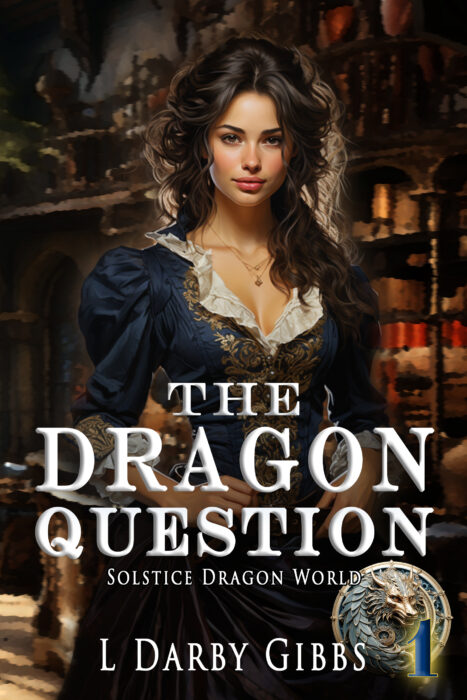Classics I was thinking about Dickens, the Brontës, and Austin vs the current writing guidelines that state one should start with the action and keep things rolling along, active or reactive. But these classic writers were outstanding providers of fine fiction and they did not follow this advice. They practiced the immersion method. Wrap the…
Category: Writing Meditations
writing metaphor: moving through the living room at night Ever walked through your house in the dark, nothing but shadows and memory to go on? I did this last night and though I know where everything lies, I also know that furniture shifts about through use, and occasional gnawed Nylabones will be just where I…
Blossoms to hold onto. It is that time of year again when everybody is writing either their New Year resolutions or their accomplishments for the past year. My thought is more along the lines of what is still present, still ongoing. So here is my New Year list post. My Labrador companion Cagney it turns…
Ready to read at a moment’s notice Just today I decided to make a list of my new favorite authors and was surprised to find that they were all women. What’s up with that? All my past favorites have been largely men, or in some cases women using male pen names. Same question applies. I…
Rules of Magic A couple of years ago, a fellow blogger and I discussed writing guest posts for each other. She writes in the combined fantasy/urban legend genre and hoped I could write a post about magic or how place contributes to a story. I decided to do it on how every story has rules,…
You know that feeling: itchy fingers, voices in your head, ideas backing up, the urge to sit and type like a maniac through a scene, a tirade of dialogue, a well-strung motif? That’s where I am at, about to break out in a rash of words. But there is a hold, the ever present disruption…
My last post was about brainstorming with my writer pal Marcy on a novel idea involving dementia and Alzheimer’s. Much of what is going into the book is based on my experience with my mother and my father-in-law who are both suffering from this kind of memory loss. Every phone call I have with them…
Talking the story into life Partner and group brainstorming: I use this technique in my creative writing class. We gather around the table and discuss ideas. After we settle on one, I step back and write down each plot point or character decision as they work through them and build a consensus. Now and then…
